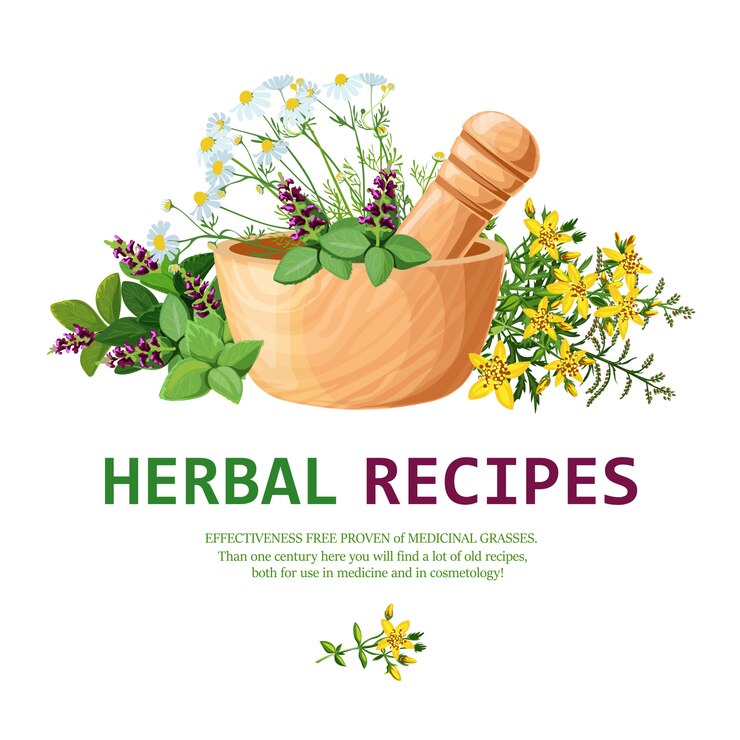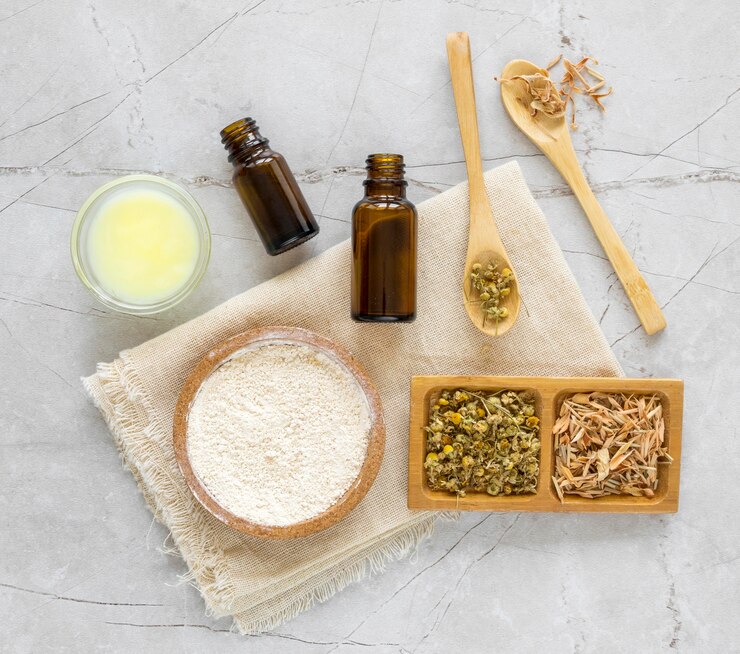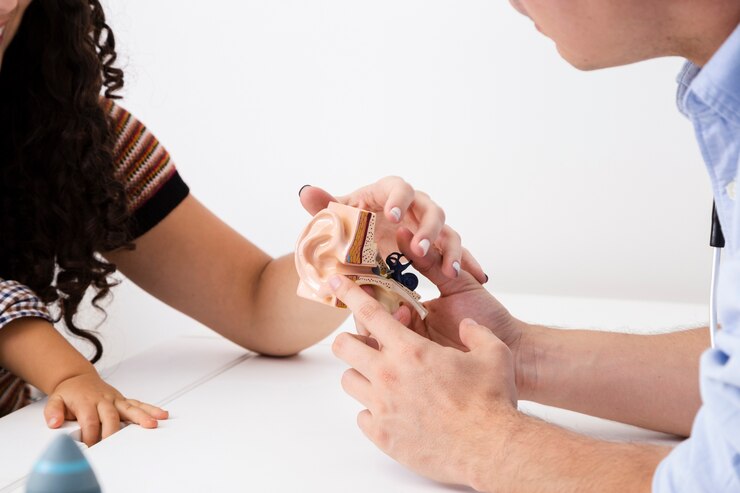
If your skin feels itchy from November to April, you’re definitely not alone. Itchy skin during winter is quite common. When the humidity drops during these colder months, there’s less moisture in the air. Your skin, which naturally holds water within its cells, loses this moisture to the dry air through a process called osmosis. Essentially, dry air is stealing water from your skin!
This loss of moisture can leave your skin feeling dry, itchy, and more susceptible to irritation from the environment. Contributing factors like windy weather, harsh soaps and detergents, body washes containing SLS, and hot showers or baths can worsen the situation. Sometimes, your skin compensates for the dryness by producing more oil, which means you can end up with oily, yet dry and itchy skin at the same time!
Before diving into five supplements that can help combat dry, itchy skin, let’s discuss the importance of regular moisturizing. I’ve been taking a course on integrative dermatology, and my instructors can’t stress enough the importance of keeping your skin moisturized. It’s crucial to moisturize if you’re dealing with dry, itchy skin—do it three times a day for three weeks for notable results.
Our ultra-moisturizing Body Butter is an effective and natural option to relieve itchiness and hydrate the skin while protecting it from environmental irritants. Once your skin is well-moisturized, it’s important to address the root causes of dryness. There are some fantastic supplements that can promote soft, supple skin from within. While you don’t need to take every supplement simultaneously, I suggest researching each one to see which might work best for you.
If you’re unsure, consulting a healthcare practitioner knowledgeable in natural supplements can help guide your dosage and brand selection. Even though these supplements have food sources, for issues like dry, itchy skin, rosacea, or eczema, a therapeutic dose from a supplement might be more effective than food alone.
Quercetin is an organic plant compound that reduces itchiness by inhibiting histamine release, which can cause itchy skin if you’re intolerant to histamines. It has been beneficial for my rosacea, and it’s also great for other allergies.
GLA (Gamma Linolenic Acid) is often overlooked for healthy skin, despite its benefits. It nourishes skin by boosting moisture and elasticity, reducing itchiness. It’s particularly helpful for dry skin, rosacea, and eczema, as it eases redness and irritation.
Omega-3 fatty acids in fish oil are remarkable for reducing inflammation. Studies show they can increase skin hydration by 30% and stop dryness-related scratching. Long-term use helps restore the skin barrier’s health.
NAC (N-Acetyl Cysteine) improves skin hydration when applied topically, although such creams aren’t widely available. Taken orally, NAC also supports behavior modification, which might help with itchy skin, although more research is needed. NAC is great for liver health too, especially when taking medications like Tylenol.
Vitamin D plays a crucial role in skin health, regulating processes that support the skin’s barrier. It’s particularly useful for eczema and psoriasis, where a deficiency can lead to itchiness. Vitamin D synthesis occurs when UVB rays hit the skin.
I hope this information helps you make informed health decisions and brings relief to your itchy skin.
Joy
This information is incredibly useful! I’m planning to try several of these suggestions for my rosacea. Thank you!
You’re welcome! I recommend checking out my other posts on rosacea for more tips: https://www.joyoushealth.com/27518-blog-rosacea-natural-health-supplements


